Questions to Discuss with a Prospective Psychedelic Facilitator
By Joshua White (Fireside Project) and Juliana Mulligan (Center for Optimal Living)
This is a harm reduction resource only. Psychedelics are illegal in many countries, as is serving as an underground facilitator. Our organizations do not encourage or condone the illegal use of psychedelic drugs. These principles are intended for the use of people who have already made the decision to have a guided psychedelic experience and are seeking out the services of a psychedelic facilitator.
Neither the use of this guide nor its accompanying questions guarantee a safe or positive psychedelic experience. You should use extreme caution, care, and diligence before entrusting someone with the privilege of supporting you during a psychedelic experience. Even if no warning signs are present, a facilitator may still engage in unethical, inappropriate, fraudulent, or abusive behavior. Engaging an underground facilitator is illegal, and will always carry risks.
To accompany our “Ten Warning Signs When Selecting a Psychedelic Facilitator,” we’ve put together this list of questions for discussion with a prospective psychedelic facilitator. These questions may literally be read aloud, question by question, as you evaluate your prospective facilitator.
Take notes during the conversation and discuss the responses with a trusted and knowledgeable friend. If your facilitator refuses to discuss these questions with you, or if their responses are vague, evasive, or questionable, this is a major cause for concern. Any ethical facilitator would actively welcome these questions. After discussing these questions with your facilitator, conduct follow-up research. As you go through this process, trust your intuition. If something feels off, it probably is.
Touching Clients During Psychedelic Experiences
What are your views about touching a client during a psychedelic experience? Do you believe that it is ever appropriate to touch a client on or around their genitals or breasts during a psychedelic experience? Have you ever done so? In your view, is it ever acceptable to have sexual contact with a client during a psychedelic experience, even if they initiate the contact?
Rationale for asking these questions and answers that may raise red flags: A facilitator should never touch you without your consent. It is never appropriate for a facilitator to touch your genitals or breasts or otherwise have sexual contact with you during a psychedelic experience, even if you initiate the contact.
Do you provide your clients with a document before facilitating a psychedelic experience that sets strict rules about physical touching and boundaries during the experience? If not, why not? If yes, please provide me with a draft document.
Rationale for asking these questions and answers that may raise red flags: The best practice is for psychedelic facilitators to create a mutual consent document that they discuss with you during your intake process. This document should discuss each person’s boundaries and roles, as well as expectations about each person’s behaviors.
Sexual Experiences with Clients
Have you ever begun, or tried to begin, a sexual relationship with a client after you facilitated a psychedelic experience for them? Have you ever had sexual contact with a client? (By “ever,” I mean ever — whether days, months, or years later.)
Rationale for asking these questions and answers that may raise red flags: It is never appropriate for a facilitator to have a sexual relationship with a client, no matter how long after the psychedelic experience, even if the client initiated the experience.
Training and Being Trauma-Informed
How long have you been a facilitator? How many psychedelic experiences have you facilitated? Can you tell me about your training and coursework to become a psychedelic facilitator? Where and with whom have you studied? Have you had training about facilitating in a trauma-informed way? What does being trauma-informed mean to you? Are you currently supervised or being mentored? By whom?
Rationale for asking these questions and answers that may raise red flags: As in other professions, more experience can — but does not always — mean more skill and more wisdom. It is certainly worth having an understanding of the person’s background and training process. Also, psychedelics often cause unresolved trauma to come to the surface of your consciousness. It is therefore imperative that your facilitator be trauma-informed. Even if they aren’t clinicians, they should have done some type of trauma-informed training.
[If you, as the voyager, identify as a person of color and/or LGBTQIA+, consider asking the following questions.] What if any training have you received to understand the types of traumas that people with identities similar to mine have experienced? How much experience do you have supporting people with identities like mine? What kind of feedback did you receive from those clients?
Rationale for asking these questions and answers that may raise red flags: If you are a person of color and/or you identify as LGBTQIA+, your facilitator should have substantial training and experience supporting people with similar identities and working with the types of traumas that people with those identities often experience. Regardless, you may feel more comfortable working with a facilitator who shares aspects of your identity.
